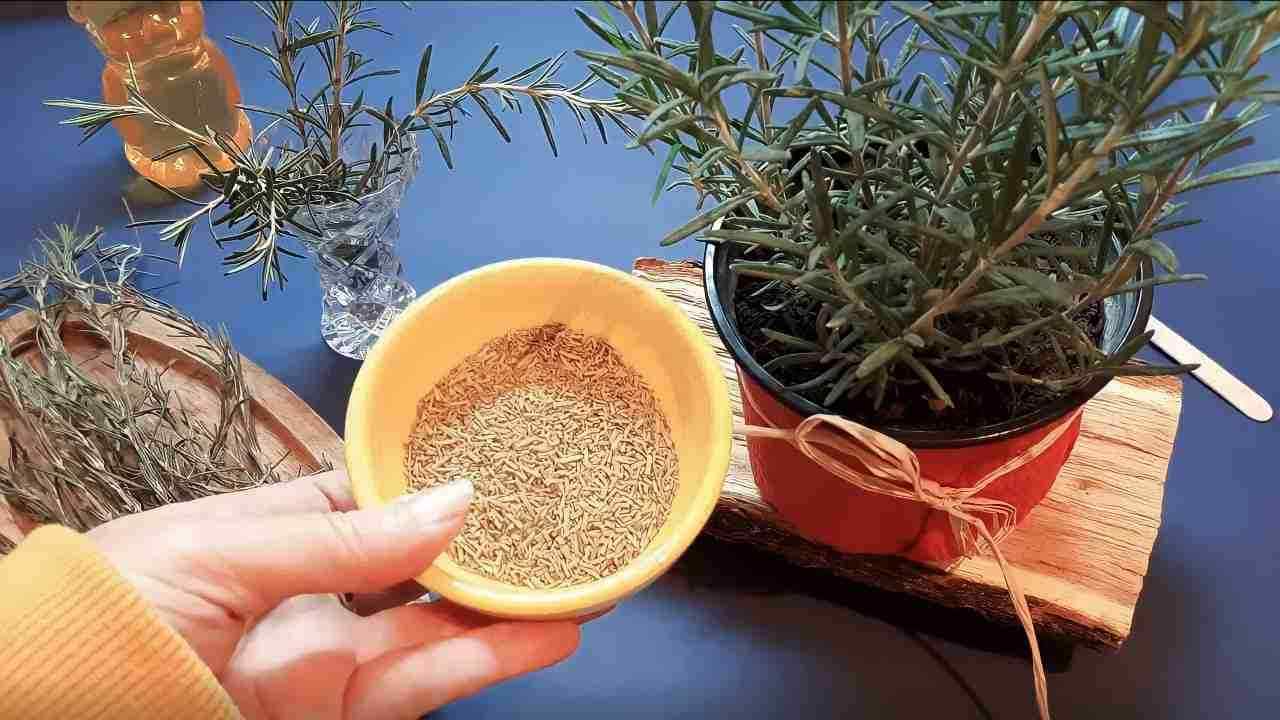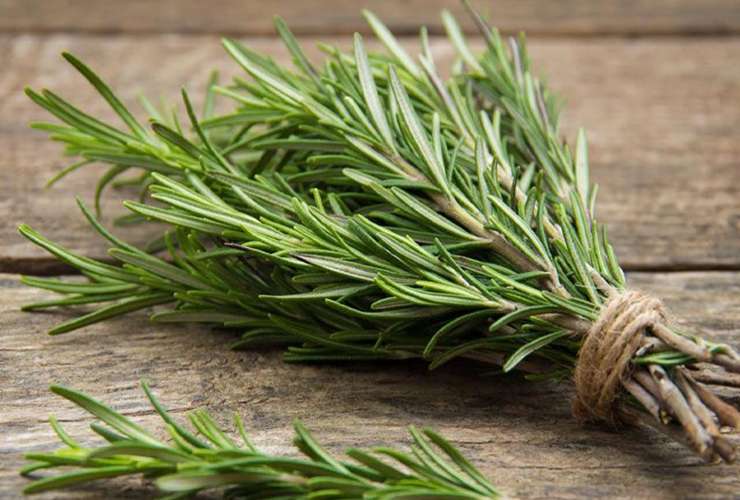Rosemary: The Panacea Plant for Ailments

Discover the incredible healing potential of a plant that could be thriving in your garden, offering relief from head to toe. Unveiling the secrets of rosemary, a botanical gem that has been cherished for its remarkable properties in traditional medicine for centuries.
Embracing Nature’s Healing Bounty
From ancient civilizations to contemporary times, the allure of natural remedies has endured, providing solace for various discomforts and pains. The roots of medicinal plant usage trace back to 1550 in Egypt when scholars identified species with beneficial properties, offering alternatives to non-existent pharmaceuticals.

Even today, numerous plants exhibit extraordinary effects on the body. Aloe vera strengthens the immune system and aids intestinal function, while eucalyptus contributes to reducing blood sugar levels. Among them, one stands out as a potent cure-all: rosemary.
Rosemary: Nature’s Miraculous Healer
Nestled in the Mediterranean basin, rosemary emerges as a powerhouse of antioxidants, combating minor ailments and disorders. Its leaves boast up to 2.5% essential oil, comprising camphor, borneol, bormioli acetate, limonene, and other compounds—a true elixir for the body.
Enriched with polyphenols and diterpenes, rosemary showcases antispasmodic, digestive, and carminative properties. Its choleretic, cholagogue, and hepatoprotective functions enhance its therapeutic repertoire. Ideal for gastrointestinal issues, rosemary relaxes intestinal muscles, reduces spasms, and exhibits anti-inflammatory, antiulcerogenic, and diuretic effects.






